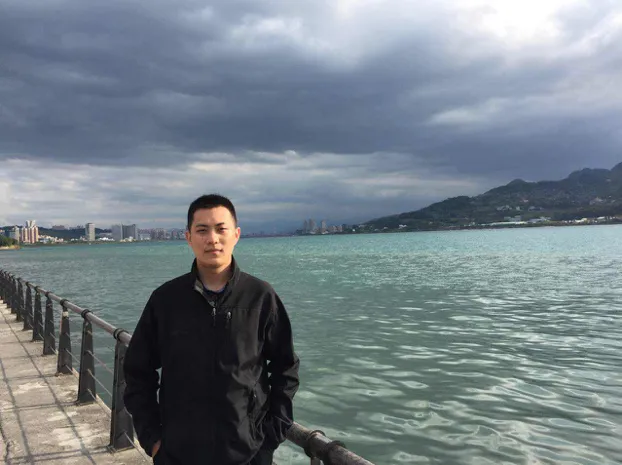A Chat with Mian Jia

Doctoral Student in Interpersonal Communication
What’s your academic story?
My academic journey began with my early involvement in British Parliamentary Debate. Beihang University is among the first a few universities in China that have systematic debate trainings. I was quite good at it and became a debate trainer. Under the supervision of two professors, I joined forces with a couple of my debate friends and applied a school-level research grant, studying the language used in debating and possible methods for developing argument and critical thinking. This is my first exposure to academics.
In my junior year, I learned pragmatics, the study of language use in context. I was fascinated by the meaning-making process, getting exposed to questions such as how could we say one thing to mean another? Why miscommunication happens? How should we infer meaning properly? So, I asked the class instructor if he could be my thesis advisor and he said yes. We had a good time and consequently he became my Master’s advisor.
In my MA stage, I noticed that the meaning-making is more appropriate to be analyzed in dyadic interactions and often involves many non-linguistic factors. This complexity of communication seems to go beyond the scope of pragmatics, but I did not know how should we better account for it. While working with my advisor on pragmatics, I followed my “academic brothers and sisters” to attend a lot of lectures. This is where I learned interpersonal communication that provides me with a seminal perspective on human communication. Since communication in China is often synonymous to mass communication, I decide to pursue my PhD in the States where communication studies is flourishing. After months of preparations, I got admitted to UT and began my new journey since August.
Why and how did you end up choosing UT?
In my junior year, I came to the States for a quarter-long exchange program in Rose-Hulman Institute of Technology, Indiana. It was a fun experience. Since then, I have determined to pursue a higher degree in America.
Fast forward to September 2017, I started to look for a Communication PhD program in the States. I went to NCA website, and found a list of programs with a focus on interpersonal communication. UT is the one that stands out for its prestige in communication studies and its pluralist environment, particularly with a focus on language. In February, I came to UT for the Recruitment Weekend and loved the people and the place! I confirmed the offer right after I got back home.
What is the focus of your research?
I am interested in how language shapes our human communication. In particular, I am interested in the instrumental and persuasive use of relational terms such as politeness strategies. At present, I am working on how contextual cues affect people’s perception of verbal probability when communicating bad news. In addition, I also use CiteSpace, a knowledge visualization tool, to help me map out the connections among the literature.
Where did you get your undergrad and what was your major?
I got my BA in English and MA in Linguistics at Beihang University, China.
What is your philosophy of teaching/learning?
John Dewey once said, Education is not preparation for life; education is life itself. Inspired by this philosophy of pragmatism, I am determined to motivate my students to develop a seamless integration of learning and living. After all, the most updated textbook is the ever-changing society and the most important exam is the lives we are living. My goals as a teacher are to help students to synthesize knowledge from individual cases and apply abstract theoretical constructs to different levels of practices. I believe that an effective learning process is always motivated by learner’s interest in the subject matter, the applicability of theories to the real world, and the life philosophy that transcends beyond the communication discipline.
What are your professional goals?
I want to become a professor in the future. I enjoy the intellectual interaction with the faculty and students. I also love teaching, sharing my experiences and lessons with the class. I hope my own study on communication could really help people communicate better.
How did you become interested in the area of your study?
My interest grows out of the expectation for a more interactive aspect of language study. While traditional studies in pragmatics focus on a static coding-decoding process, communication studies provide me with a more dynamic analytical paradigm. Moreover, the catering to personality traits and social psychology lead me to approach human communication outside of language studies, broadening my horizon and enhancing my explanatory power to the complexity of human interaction. Finally, interpersonal communication is deeply rooted in our human lives, enabling me to offer an academic explanation to the fascinating language phenomena occurred in our daily lives.

